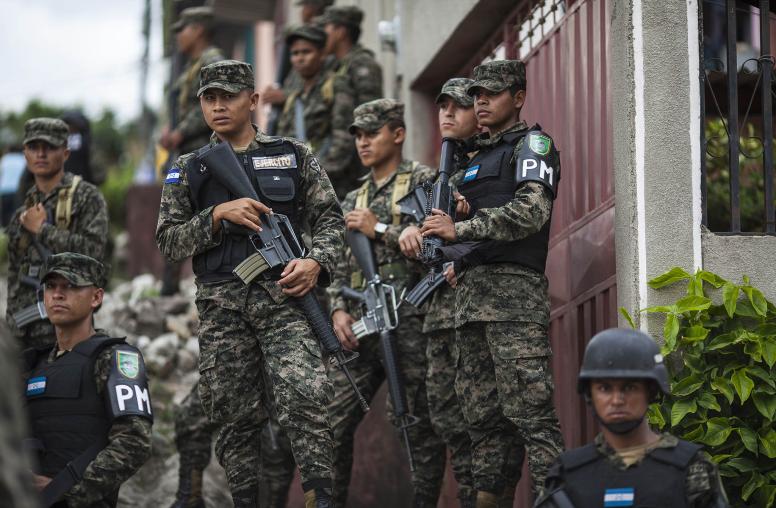Electing Peace
Violence Prevention and Impact at the Polls
THE USIP BOOKSTORE IS TEMPORARILY UNAVAILABLE
Electing Peace: Violence Prevention and Impact at the Polls examines election violence prevention and assesses the effectiveness of different prevention practices—which are effective, which are not, and under what circumstances.
Targeted peacebuilding efforts are frequently used to prevent election violence. Practitioners possess a variety of programming options, including peace messaging campaigns, preventive diplomacy and monitoring missions. But the ability of election violence prevention to achieve its intended outcome merits further investigation. This edited volume focuses on five electoral democracies: Honduras, Bangladesh, Thailand, Malawi and Moldova. During their most recent election cycle, all five countries displayed similar risk levels but experienced differing levels of electoral violence. Through these case studies and comparative analysis, the authors assess the impact of prevention efforts on the levels of violence and derive lessons-learned that can be applied in other electoral contexts.
“Electing Peace is a rigorous and engaging piece of research on an understudied topic. The volume is set to become a seminal work in the emerging field of electoral violence studies.”
—Sarah Birch, Professor of Comparative Politics, School of Social and Political Sciences, University of Glasgow
Jonas Claes is a senior program officer in the Center for Applied Conflict Transformation at the U.S. Institute of Peace (USIP), where he conducts research and analysis on the prevention of electoral violence and mass atrocities. In this capacity, Claes coordinates USIP prevention projects and consults with senior U.S. and UN officials in fine-tuning prevention practices.
Contributors:
- Geoffrey Macdonald
- Duncan McCargo
- Petra Desatova
- Manuela Travaglianti
- Dominik Tolksdorf
- Elizabeth Murray


